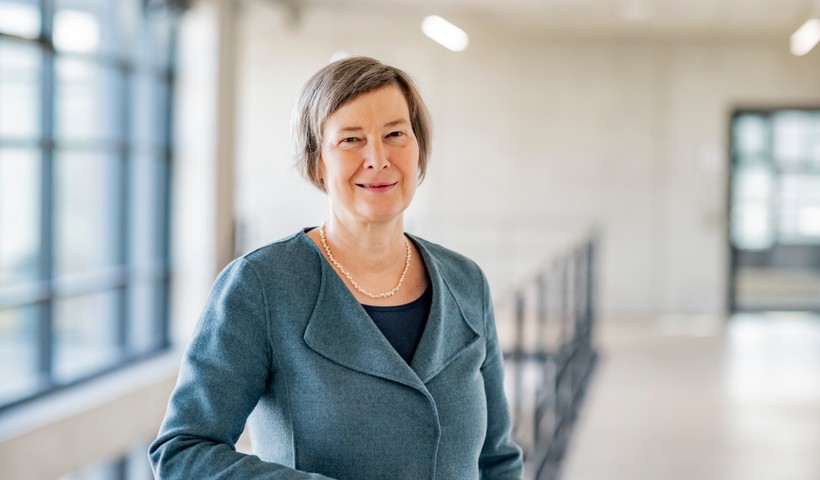As a best practice from the Munich Urban Colab, she cited the TU Munich start-up Reverion, which found the ideal network in the Munich Urban Colab to advance its important idea of innovative power generation from biogas.
Torben Klitgaard, CEO of BLOXHUB, complemented the opening with a video message capturing BLOXHUB's mission: To bring together various stakeholders from different disciplines to create solutions.
Jess Møller Knudsen from the Danish Consulate General presented, among other things, the Circular Economy Program. Denmark is not a manufacturing country and sees a great opportunity here: to recycle what is there.
In three workshops in the afternoon, the participants addressed specific topics: How can we create spaces for industrial production in the city while adding value for citizens? What methods can we use to implement sustainable urban mobility more quickly? How can we deal with resource scarcity and create linear product cycles - keyword Circular Economy? The workshops were led by experts from the Digital Hub Mobility, MCube - Munich Cluster for the Future of Mobility in Metropolitan Regions, and STUDIO | STADT | REGION.
After a subsequent wrap-up, the evening session was kicked off with an impulse from Katrin Habenschaden, Second Mayor of the City of Munich, on the topic of Circular Economy. Habenschaden emphasized that the involvement of citizens in the development and implementation of measures is absolutely essential. After all, people's acceptance is the key to success.
The subsequent panel discussion continued the theme. Lotte Christina Breengaard, Program Director - Urban Partnerships, BLOXHUB, Dr. Ursula Triebswetter, Referat für Arbeit und Wirtschaft & Munich Urban Colab, Felix Hilti, Ananda Impact Ventures, Sonali Kamble Mueller, Innovation Advisor, Innovation Centre Denmark, BSH (?) Leonhard Nima, CEO & Founder, Studio Nim, brought in different perspectives. The central theses were that the focus should not be on one city alone, solutions require cooperation and must be thought of on a larger scale, for example also on a European level. From a corporate perspective, Christian Dworak, BSH Home Appliances Group, made it clear that reducing waste is not an option, but an absolute necessity. Customers also make their purchasing decisions based on sustainable product characteristics.
Felix Hilti also confirmed this from an investor's perspective. He also added that financing was not the problem for start-ups in the circular economy sector. Rather, the pace of development is much slower and investments have to be seen in a more long-term perspective. From a Danish perspective, there is a need to catch up in the area of data and knowledge relating to the Circular Economy, explained Lotte Christina Breengaard. The consensus in the roundtable was that there is a fundamental lack of incentives, e.g. to motivate companies to simplify repairs, and that the decisive factor will be how new solutions are accepted.



